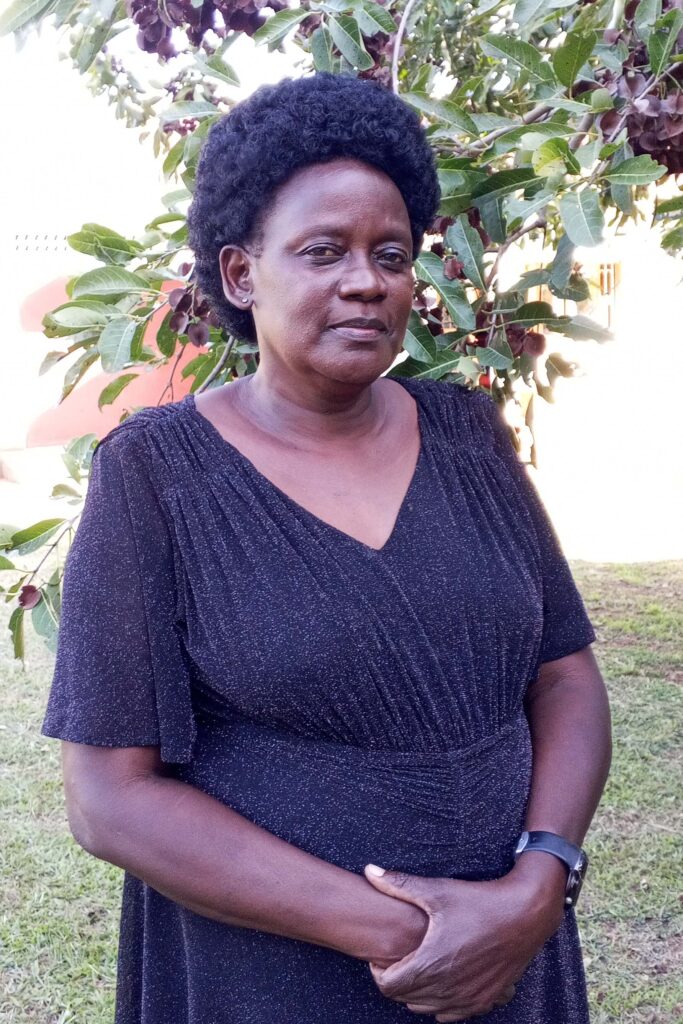With a background in education and teacher coordination and supervision, Hellen brings her holistic approach and empathetic nature to Geneva Global, focusing on encouraging and incentivizing out-of-school youth to return to their education through the Speed School program. Hellen first attended the Kyambogo University in Kampala, Uganda, where she obtained a bachelor’s degree in Third-Grade Teacher Education. After her undergraduate degree, Hellen then went on to obtain a master’s degree in Educational Leadership at the Aga Khan University in Dare Salaam, Tanzania. Hellen’s current role at Geneva Global as a Program Officer includes training and offering technical assistance to Speed School teachers, District Education officers and inspectors. Additionally, Hellen’s duties include collecting data from the Speed School facilitators, community-based Self-Help Groups, and making monthly reports to the Geneva Global Uganda main office.
Prior to joining the Geneva Global Uganda team in 2024, Hellen worked as a Coordinating Center Tutor for Soroti Core Primary College where she carried out supervision of primary school teachers in the region. Hellen also carried out school inspection procedures in the Kotido district, as an associate assessor. In addition to her work in the coordinating centers, Hellen also has experience working in the climate-burdened and insecure Karamoja region. Hellen’s background aids her in training and further assisting Speed School facilitators when they find themselves struggling to reach the expectations of Geneva Global’s mission.
While working for Soroti Core PTC, Hellen worked with the District Education Department, the government’s department of education as it pertains to private primary schools and some secondary schools. When comparing conventional teachers to Speed School facilitators, Hellen is most impacted by the integrity and professionalism of facilitators in Speed School classes. Some attributes Hellen points out about the Speed School facilitators is their transparency and honesty with their students, their preparation, which allows them to provide students with the appropriate amount of time for learning, ability to implement activity-based learning strategies, and above all, the research-based thinking which is utilized in the classroom and reflected in community engagement.
